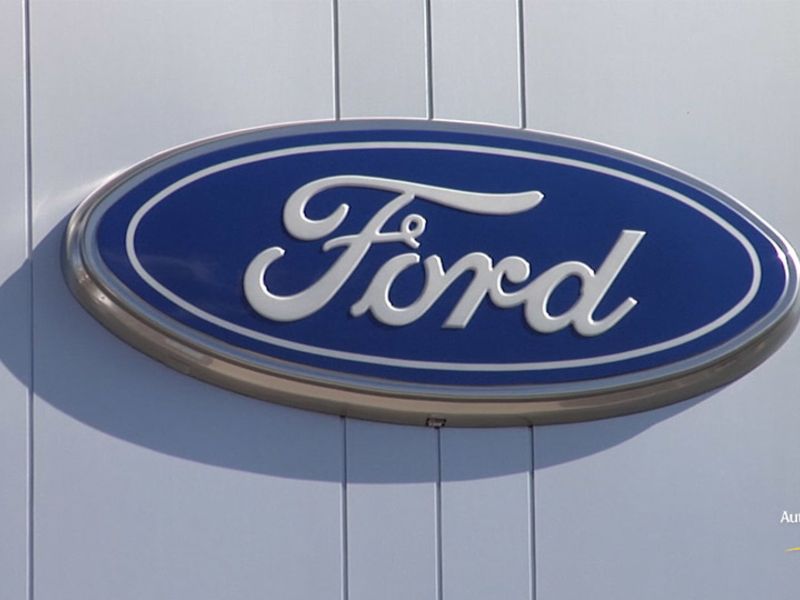
WASHINGTON — Ford Motor Co. said Friday the U.S. Justice Department and California Air Resources Board have closed a lengthy investigation into the No. 2 U.S. automaker’s emissions certification process without taking any action.
Ford said in a securities filing that reviews opened by the U.S. Environmental Protection Agency and Environment and Climate Change Canada remain open.
Ford first disclosed the criminal probe in April 2019. It earlier hired outside law firm Sidley Austin and experts to investigate its vehicle fuel economy and testing procedures after employees raised concerns about analytical modeling that is part of its fuel economy and emissions compliance process.
Ford said Friday the investigations’ closure was “consistent with the company’s own investigation and conclusion that we appropriately completed our certification processes.”
Ford declined to release findings from its own investigation and said it has not changed any fuel economy ratings as a result.
Ford faces a class-action lawsuit from owners who claim Ford “cheated on its fuel economy testing on some of its best-selling and most popular trucks” and said the issue affected over a million Ford truck owners.
The lawsuit claims that “independent testing conducted on Ford F-150 and Ford Ranger vehicles has vindicated the concerns of both consumers and Ford’s own employees: Ford did not follow appropriate coastdown testing procedures, and instead disclosed inaccurate resistance figures to increase the mpg rating of its F-150 and Ranger vehicles.” Coastdown testing measures the effects of wind and road resistance on a coasting vehicle.
The lawsuit said “extra fuel costs for all 2018 and 2019 F-150s” would total about $2.32 billion for city driving, $2.09 billion highway, and $1.9 billion combined.
Ford declined to comment on the lawsuit Friday but argues in court papers it should be dismissed, saying owners are “implausibly claiming that Ford had a duty to disclose the ‘true fuel economy’ for the subject vehicles, as if such a figure actually exists.”